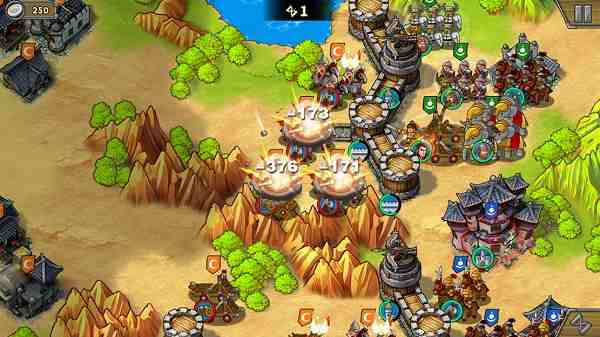

On October 1, 1946, he was found guilty of "planning aggressive war" and sentenced to ten years in Berlin's Spandau prison. He succeeded in convincing his prosecutors that he had no knowledge of the atrocities directed by Hitler and that, in his role as grand general, he was only following orders.
#European war 5 all generals trial#
On he was captured by the British.ĭoenitz expressed surprised when he was brought to trial at Nuremberg at the close of World War II, and charged with war crimes. For a mere 20 days Doenitz served as the last leader of the Third Reich. He set up his government in Flensburg-Murwik on the northern German border with Denmark.

Upon hearing of Hitler's death, Doenitz was appointed Reich president and supreme commander of the armed forces. In Hitler's last will, he named Doenitz as his successor. Evidence reflects that Hitler and Doenitz consulted continuously, conferring on naval questions 120 times throughout the course of the war. Hitler recognized that submarine warfare was essential to the war effort. His attacks remained successful until the invention of microwave radar, which allowed the Allies to find and wreak havoc on the U-boat wolf packs. By 1943, he commanded 212 operative U-boats, and had another 181 in training. His coordination of reconnaissance aircraft, re-supply vessels, and wolf packs allowed his U-boats to strike where they would inflict the greatest damage. Doenitz developed the concept of the "wolf pack" in submarine warfare by grouping his U-boats to lay in wait for Allied convoys. By sinking more than 15 million tons of Allied shipping, his U-boat fleet proved to be one of Germany's most effective weapons. A capable tactician, he directed the Battle of the Atlantic against Allied supply ships. His submarine tactics nearly won the war for Germany. Three months later he received the Oak Leaves of the Knight's Cross and on Januhe was awarded the coveted Golden Party Badge for his loyalty to the party.ĭoenitz is recognized by military experts for the important role he played during the war. Doenitz succeeded Admiral Raeder as supreme commander of the German navy. This was quickly followed, in 1943, with a promotion to grand admiral. In 1942, he received the Knight's Cross and was promoted to admiral. Named Supreme Commander of the German Navyĭoenitz admired Adolph Hitler and was a strong supporter of the National Socialist German Workers' (Nazi) Party. By the fall of that year, his title was changed to Befehlshaber der Unterseeboote (BdU). On Januhe was named the Fuhrer der Unterseeboote (FdU). In the fall of 1935, Doenitz was appointed by Generaladmiral Raeder to raise and command the U-boat arm of the navy. He remained in the Reichsmarine for the next 16 years, commanding the Emden. Doenitz remained in British captivity for the next nine months.Īfter his release in 1919, Doenitz joined the German navy (Reichsmarine), becaming an inspector of torpedo boats. In 1916, he began service with the U-boat (submarine) fleet, remaining there until 1918, when he was captured near Malta after the sinking of his ship. Doenitz was transferred to the naval air arm at the onset of World War I, where he became a flight observer and seaplane squadron leader. Three years later, he became an officer, serving on the cruiser SMS Breslau. Served with Submarine Fleet during World War Iĭoenitz enrolled in the Imperial Navy in April 1910. The school was a model institution and the brothers received a well-rounded education in the standard courses as well as the arts. When his father was transferred to his firm's headquarters, and both Karl and Friedrich were enrolled at the Realschule, a public school in the Duchy of Saxony-Weimer. Emil Doenitz never remarried and kept the memory of his wife alive in the hearts of his sons.Īt the age of six and a half, Doenitz attended a preparatory school outside Halensee, but remained there for only six months. By all accounts, he and his older brother, Friedrich, had a warm and personal relationship with their father. His mother died on March 6, 1895, when Karl was only three years old. His father was an engineer with the firm of Karl Zeiss of Jena, a world leader in the field of optics. He was the second son of Emil Doenitz and Anna Beyer. Karl Doenitz was born on Septemin Berlin, Germany.

Throughout the trial and sentencing, Doenitz expressed surprise that he was being sentenced at all. He stood trial at Neuremberg for war crimes, but received the relatively light sentence of ten years in Spandau Prison. At the end of World War II, Grand Admiral Karl Doenitz (1891-1980) was hand-picked to succeed Adolph Hitler as reich president and supreme commander of the armed forces.


 0 kommentar(er)
0 kommentar(er)
